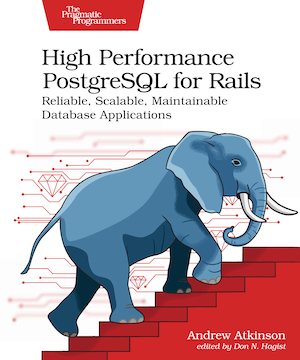Guidance
Kubernetes, Terraform, Helm
This page will list Kubernetes, Terraform, and Helm tips and tricks.
This is the stack that I have used at a couple of companies and it has some great features:
- Rolling updates of new code to pods. Guide: Performing a Rolling Update
- Fast release rollbacks with Helm. Guide: Helm Rollback
- Environment variables management with Kubernetes ConfigMap
View the config map
kubectl get configmaps -n <namespace>
Environment variables may be stored in the config map
kubectl get cm <key> -n <namespace>
To format the content for easier viewing:
kubectl get cm <key> -n <namespace> -o json | jq
View the context
kubectl config current-contextkubectl config get-contextskubectl config use-context <context-name>
Restart deployment
Rolling restart of the pods
kubectl rollout restart deploy -n <namespace> <name>
Quick Rollbacks
With Helm, we can roll back a release quickly.
helm rollback <release> -n <namespace>
More Helm
helm listhelm history monolith -n <namespace>helm linthttps://helm.sh/docs/helm/helm_lint/
Get Pods
kubectl get pods -n <namepsace>
kubectl exec -it deployment/<deployment-name> -n <namespace-name> -- bundle exec rails console
Rails console on pod
kubectl -it exec -n <namespace> <podname> -- bundle exec rails c
Kubernetes Jobs
Check the history of deployments:
kubectl rollout history deployment/frontend
Restart specific services:
kubectl rollout restart deploy -n <namespace> sidekiq
kubectl rollout restart deploy -n <namespace> <deployment-name>
Scale a deployment:
kubectl scale deployment <deployment-name> --replicas=2 -n service
- Jobs may be expressed in a yaml file
- Jobs may be invoked like:
kubectl apply -f /Users/anatki/Projects/project/some_cool_job.yaml -n <namespace>
Terraform
terraform login (get set up with terraform cloud)
terraform init
terraform plan (create the plan)

